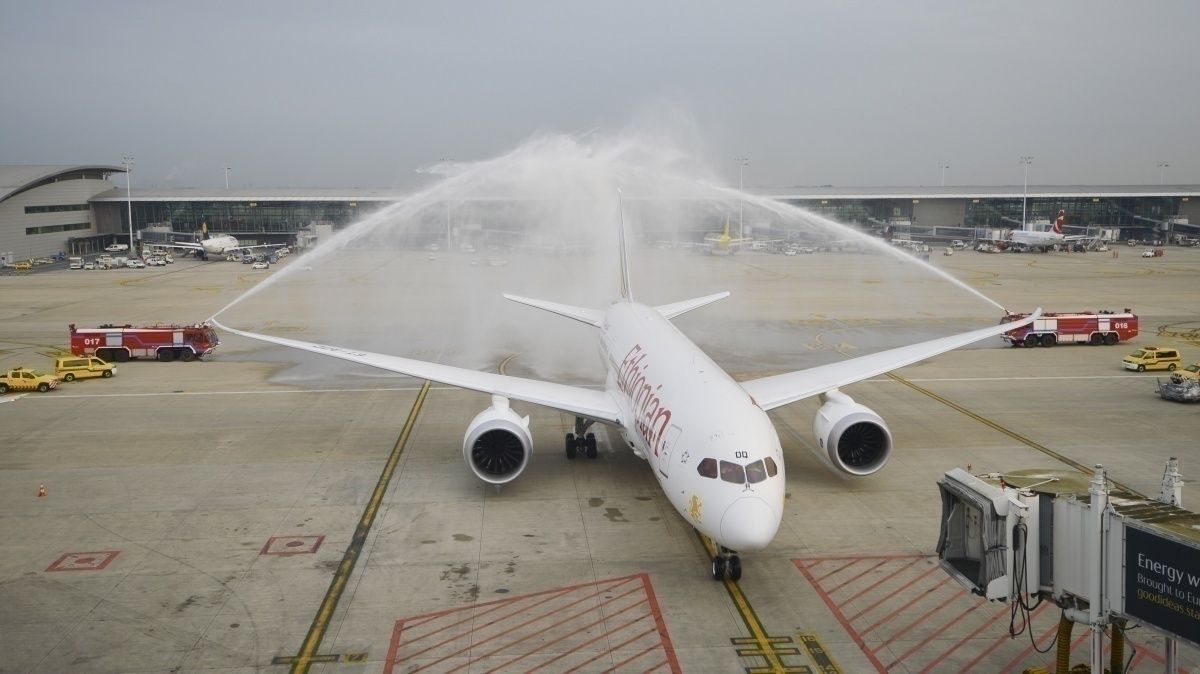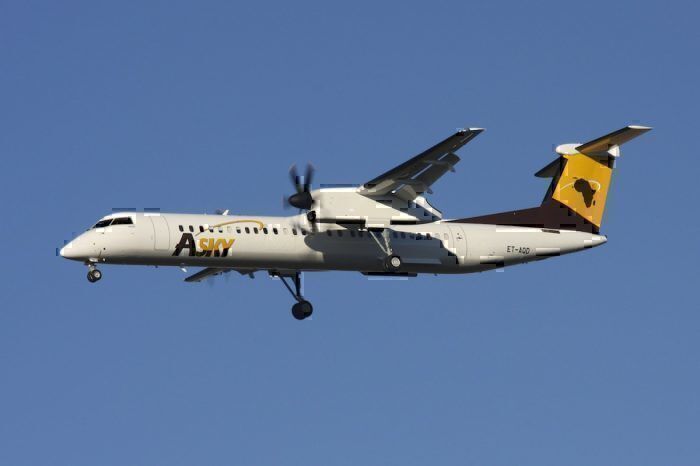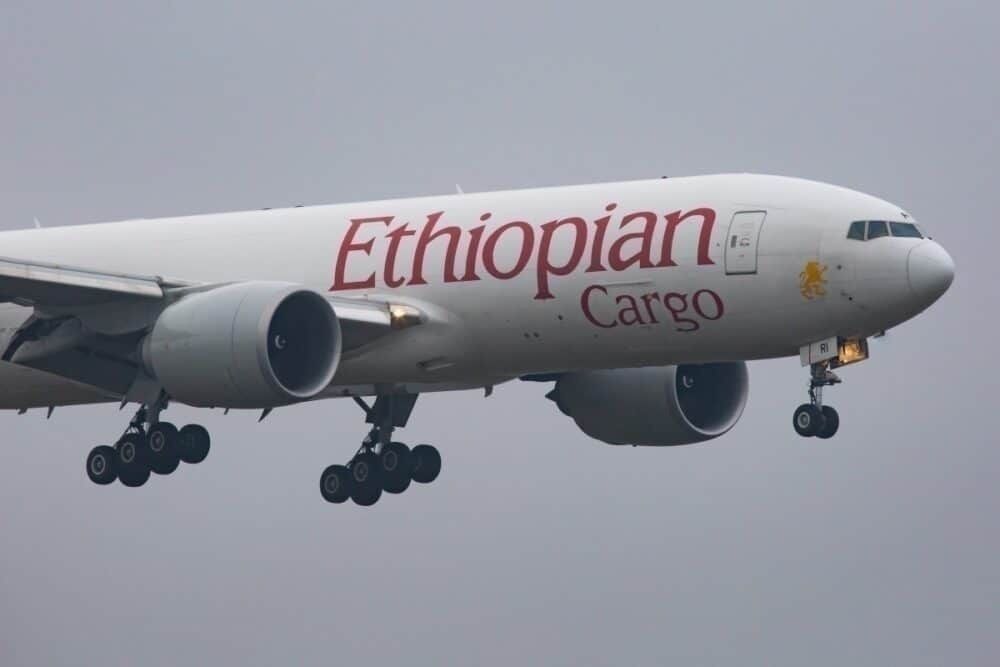A member of the Star Alliance, Ethiopian Airlines is well-known as the largest airline in Africa. The flag carrier of Ethiopia flies to destinations in North America, Europe, Asia, and, of course, Africa. But its African presence and influence doesn't end with the airline itself. In fact, Ethiopian Airlines, as a larger company has stakes in numerous other African airlines, giving it more influence than meets the eye.
Stakes in other airlines
Ethiopian Airlines has stakes in several African carriers to varying degrees. Here are just a few that we know of:
Zambia Airways: According to Southern Times Africa, the Ethiopian Airlines group put forth US$13.5m towards the revival of the long-forgotten airline. Established in 1964 but went under in 1995 following liquidity challenges, Zambia Airways is now 45% owned by Ethiopian.
ASKY Airlines: Largely based in Lomé, Togo, Ethiopian partners with privately-owned ASKY Airlines for various codeshares today. However, it was instrumental in the launch of the West African carrier and currently holds 40% ownership.
Malawian Airlines: Ethiopian Airlines also acquired a 49% stake in Malawi's flag carrier in southern Africa in 2013. According to Quartz, it also operates the airline.
Finally, Ethiopian Airlines has also invested in Mozambique Airlines (also known as Ethiopian Mozambique Airlines) and Tchadia Airlines in Chad. Anna.aero points out that the Chad Government controls 51 % of Tchadia, while Ethiopian Airlines own the remaining 49%.
Why is Ethiopian doing this?
This "aviation colonialism" fits in well with Ethiopian Airlines' 15-year strategic plan dubbed "Vision 2025". The goal of this plan is to make the airline the leading aviation group in Africa in eight areas which are:
- regional operations
- international operations
- freight operations
- maintenance and repair operations
- aviation academy
- board catering
- ground operations
- airport enterprise
This goal to spread itself across the continent is derived from its strategy to establish multiple hubs to ease connectivity across the continent. The airline knows that Africa has enormous untapped potential for aviation, and it wants to be a pioneer in order to cash in on this future growth.
Will thrive with or without Open Skies
Much of Africa has been working towards an African Open Skies agreement - also known as the Single African Air Transport Market (SAATM). This aims to be something similar to the single air transport market we see across the European Union.
So far, twenty-three African countries have signed up to SAATM. But full liberalization has failed to materialize. According to Reuters, the result is that Ethiopian has been forced to adopt this piecemeal approach to expansion.
Conclusion
At this point, it seems like Ethiopian Airlines is unstoppable as it becomes larger and seemingly more stable and established across the continent. Its method of having significant ownership in various smaller airlines across the continent will give all respective countries involved the pride of having a national airline, without the full risk of funding one from the ground up. Furthermore, with Ethiopian's backing comes implied cooperation with the airline itself.
The main worry with this, then, is a lack of true competition - which may ultimately be bad for the African traveler.
What do you thin of Ethiopian Airline's massive presence in Africa? Let us know your thoughts by leaving a comment.



